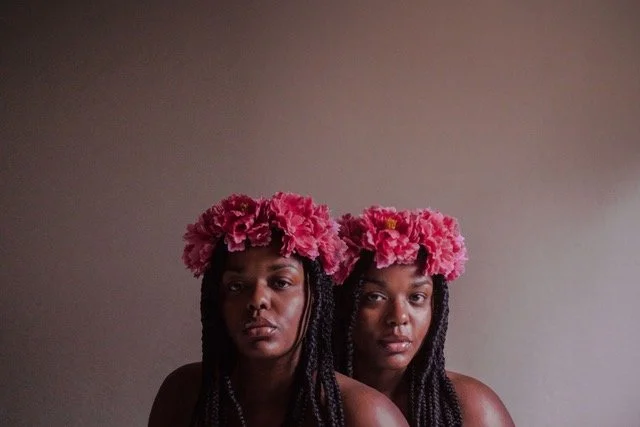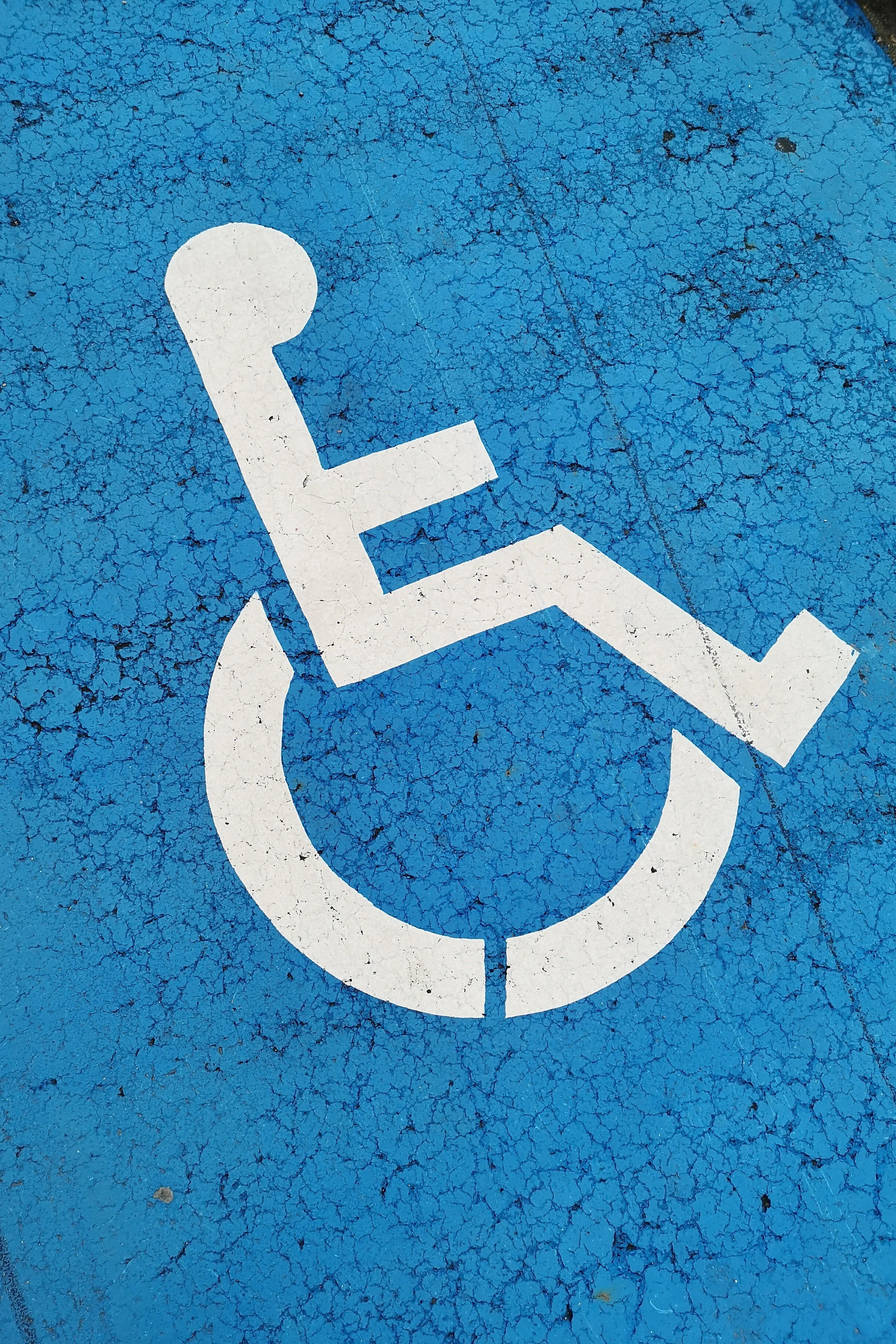
‘Can You Really Be a Queer Muslim?’: Intersectionality and the Complexity of Identity
‘Palestinian is an Ethnicity, Not a Political Statement’: Coming-of-age as a Palestinian in Diaspora
There comes a sense of separation from our physical environment. Through our blood, we inherit love and care for our country, but we are born into a space where people hardly know what Palestine is. To care so passionately for a struggle that we cannot interact with while being surrounded by people who know nothing about it is frustrating and isolating. From this stems feelings of guilt. Being submerged in a world that cares little about the Palestinian struggle can feel like an act of betrayal…
‘Feminism Isn’t Feminism Unless It’s Intersectional and Representational’: How Japanese Literature Reignited my Feminist Flame
Some people think that because we had a female prime minister and it’s generally frowned upon to catcall, we live in a post-feminist era. A worrying number of people seem to agree women are more equal than they were before (yes, in some parts of the world) and so feminism is no longer a pressing issue. Immersing myself in the world of contemporary Japanese women helped me realise just how far we have to go to achieve genuine equality for women everywhere…
It’s Difficult Not to Compare My ‘Before-self’ to My ‘After-self’: Learning to Feel Whole Following a Life-changing Disability
I was thirty-eight years old and had just become a first-time mum. Ten days after giving birth, a blood clot blocked blood and oxygen flow to my brain. In the blink of an eye, my life was split into two parts: Before and After. I interpreted the intent of the stroke as swift justice. I questioned my life before and held up every transgression, perceived or otherwise, as the reason for my ‘punishment’. I also split myself into two parts: Her and Me…
‘Welcome in God’s Kingdom’: Rejecting Stereotypes and Embracing Self-Acceptance as a Queer Christian
LGBTQ+ and Christianity. They’re not super popular words you hear together often, but why aren’t they more commonly said together? Like, I am an LGBTQ+ Christian, which can be a bit of a surprise to some people. The reason for the surprise is obvious: according to a lot of the world, homosexuality is a ‘sin’ and therefore you can’t be gay or an ally or whatever and follow Jesus…
‘I Celebrate the Tapestry of Places that have Made Me Who I Am’: The Highs and Lows of Being a Third Culture Kid
I had spent my childhood learning how to mould myself into the most acceptable, most unassuming version of myself. Underneath the people-pleasing and the desire to fit in, I had no idea who I was. So much of my Indian identity had been buried away under shame and resentment, and I looked at any American tendency I had with contempt. Meanwhile, every influence from China felt like something that I didn’t have the right to claim…
Social Exclusion, Oppression and Depression: Growing Up Deaf in a Hearing World
I became a target for bullies who would shout into my ear and rip my hearing aids out of my ears. Trying to follow the teachers’ lips was also difficult as they would turn their back as they wrote on the board. Even amongst family members, I would follow their lip pattern the best I could, but most of the time they would talk at me, instead of to me…
‘I Would Never Have Known You Were Foreign!’: The Misunderstandings and Microaggressions I Face as an Immigrant
This blending in is often presented as something to feel proud of, as though we should want to be as unobtrusive as possible. The reality is that it highlights two things: the first is that for some people, being a foreigner is a bad thing, something to overcome, and the second is that no matter how hard you try, you will never fully fit in…
‘Everyone is Straight Unless They State Otherwise’: Why We Need to Be Careful with the Term Queerbaiting
As fabricated as we might think they are, the truth is that real people – no matter how famous – can’t plan out the way the discovery of their sexuality will go. They can’t exactly predict what kind of gender performance will make them feel alive and at their best. We are so used to consuming celebrities’ content like we would binge-watch a Netflix show that sometimes dehumanising these very real people with very real-life experiences is too easy…
My Liminal Disability and Why Academia has an Accessibility Problem
The past few weeks have offered a steep learning curve – a first-hand experience of accessibility barriers that are new to me. It’s profoundly altered my relationship with university spaces, their alienating architecture and ableist attitudes. While I love to study the Gothic, I don’t think anyone should have to live in a suspended sense of Gothic liminality to call themselves an expert…
Everyone Deserves Representation: Why Mitski is a Guiding Light for Culturally Confused Diasporic Asian Women
I’ll admit it: as an Asian-American woman, I do fully gatekeep Mitski’s music – but not without good reason. While I could list the names of popular white female artists forever, I can barely count on ten fingers the number of female Asian-American pop artists whose music I can hear my own experiences through…
‘I Am Not a Criminal’: Why Are There So Many Negative Stereotypes About Those Who Grow Up in The Care System?
Academics Diane Dansey, Danielle Shbero and M. John say that children looked after want to be seen as ‘normal’, yet young people in care are often rejected by their society, family, school and community because of their care status. Stereotypes that contribute to this rejection include the belief that these young people are destined to become young parents, fail in school and turn to crime…
Recognising My White Woman Privilege and the Toxicity of My Tears
I have witnessed many situations where tears are used to victimise oneself to deflect blame and re-establish white supremacy (whether consciously or subconsciously). These are the tears that a white woman will shed when she feels she is being personally called out for being racist. And yes, I have been that white woman…
Outed as Bisexual in High School: Ignorance, Objectification and Otherness
I never got the chance to come out as bisexual. It was something that was discovered and passed around like a scandalous secret – a dirty whisper. I had no control over how people found out about my sexuality or how they perceived it. In an ideal world, discovering that someone isn’t straight wouldn’t be a piece of gossip, and it shouldn’t be shocking. But this is not an ideal world, and attending a religious private school highlights the darker sides of tradition and elitism…
Class Struggle, Education and Social Mobility: A Silent Family Rupture
‘Do your homework and listen in school. Otherwise, you’ll clean up after others for a living,’ my mother would say. This was the leitmotif of my childhood, repeated so many times that I would recite it in a whisper when she started uttering the first words. Since she was twelve, my mother worked as a cleaner. When she later got pregnant, she brought her child up by herself – just like her own mother before her…
Would I Fuck Me? The Dark Consequences of Self-Objectification
Self-objectification makes us assess our appearance round the clock, existing outside our bodies as a pair of critical eyes floating beside us. Suck your belly in; you’ll look sexier. Cross your legs; you’ll look slimmer. I’d never fuck you with that posture. Pull your shoulders back and lift your chin up. We don’t realise we do it – it’s second nature – but much of our precious brain space is hoovered up with efforts to ensure a pleasant visual experience for onlookers…
Such an Aquarius: Astrology, Tarot and Categorising Identity in the Age of TikTok
People today aren’t as convinced by astrology as medieval peasants were. But the aspect of astrology that categorises individual identities into what appear to be scarily accurate groups is something that seems to awaken some ancient desire to be known by social media users, especially Gen Z TikTokkers…
‘I Love and Hate It’: Contemplating My Complex Relationship with My Disability
The relationship I have with my disability – my ‘little hand’ as it’s always been affectionately referred to – is complex and emotional. I’ve come to learn that it’s ever shifting; even throughout a day my feelings and moods about it fluctuate, my physicality with it shifts…
All About Love: Generational Trauma and its Relation to Mother-Daughter Love
My mother gave me the form of love she recognised. The one where you knew you were being taken care of, but your feelings and your ability to make choices for your future were discouraged. Yet, as I entered my twenties and observed my mother soften with age, she began reflecting on her own childhood; she made a shift in the way she perceived me, interacted with me, and began to understand a kind of love my grandmother failed to give her…
‘Not Broken’: The Struggles of Being an Aromantic Allosexual
It’s hard for many to understand the concept of being sexually attracted to someone but not ever developing romantic feelings for them. To not feel an emotion like love is seen as inhuman; many assume aromantics are heartless psychopaths or mentally ill. Or that aromantic allosexual women are ‘sluts’, whilst men are seen as womanisers…
How Many Languages Are Overshadowed? My Experience of a Minority Language Mother Tongue in a Majority Language Environment
I can’t help but wonder how many other languages are faced with the same struggles. How many languages are overshadowed by the few large, majority languages? How many native speakers are constantly required to speak a majority language while the majority language indulges in its overpowering influence?




















